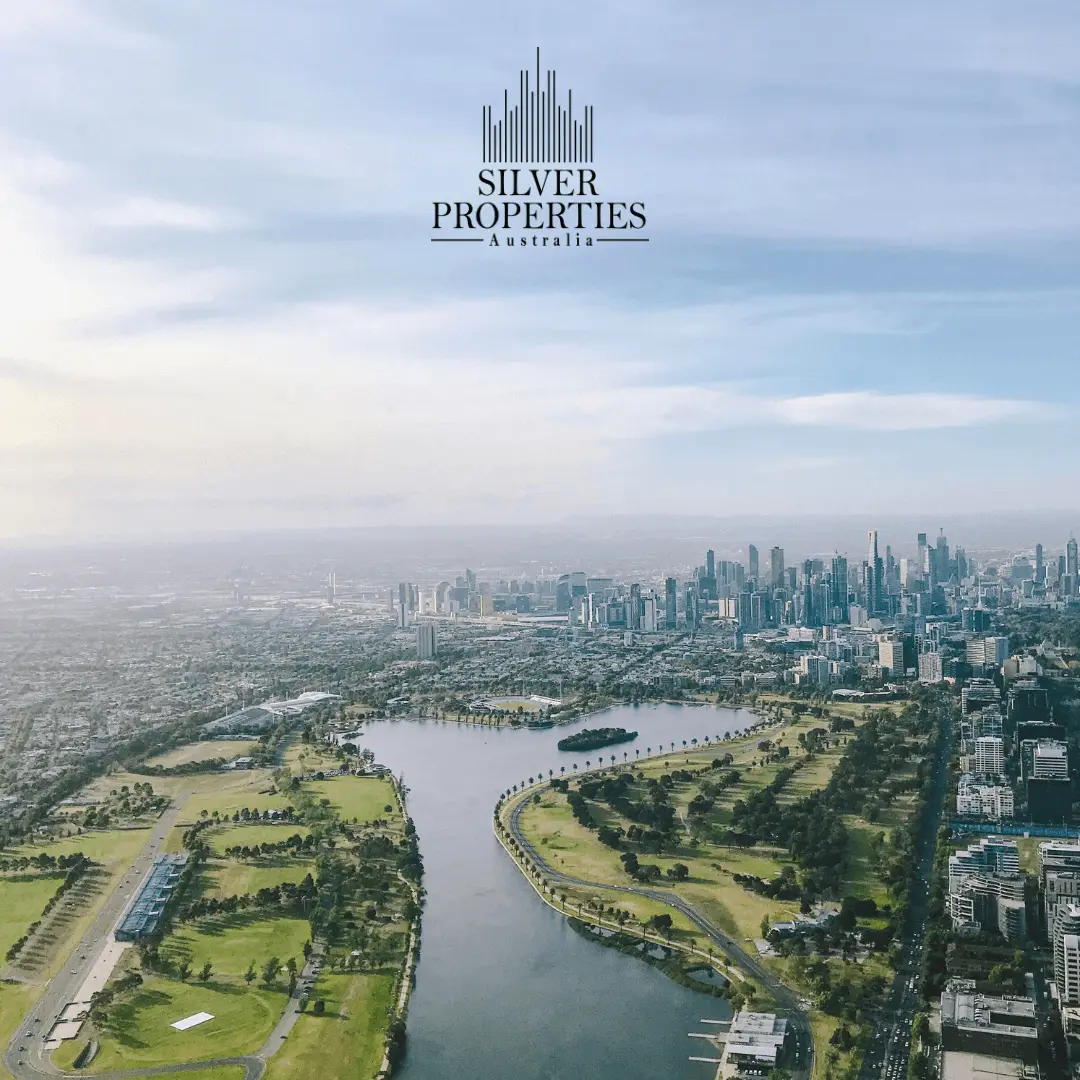Investing in property in Melbourne is an attractive proposition given the city’s booming real estate market. However, with investment comes the potential for disputes. Property disputes can range from boundary disagreements to issues with contracts, and resolving these disputes efficiently is crucial for maintaining the value of your investment and ensuring continued income flow. This guide aims to help Melbourne-based investors understand the nuances of property disputes and provide effective strategies for resolution, ensuring their real estate ventures remain lucrative and stress-free.
Understanding Property Disputes in Melbourne
Property disputes in Melbourne can arise from various scenarios, including disagreements over property boundaries, lease terms, property damage, and planning permissions, among others. These disputes often stem from misunderstandings, miscommunications, or misinterpretations of legal documents. Given the complexity of property law in Victoria, it’s essential for investors to have a clear understanding of their legal rights and obligations. Recognizing the potential for disputes and understanding their nature can be the first step to avoiding extensive legal battles.
The resolution of property disputes in Melbourne is governed by state legislation, such as the Property Law Act 1958 (Vic) and the Retail Leases Act 2003 (Vic), depending on the nature of the dispute. The legal framework provides mechanisms for resolution, including mediation, arbitration, and, as a last resort, litigation. Familiarizing yourself with these laws and the available dispute resolution mechanisms can be immensely beneficial. This legal backdrop ensures that investors can navigate disputes with a strategy that is both informed and compliant with local regulations.
In practice, the resolution process can be daunting, especially for investors without a background in law. Seeking professional legal advice is often the first step towards understanding the specific nuances of your dispute. Specialist property lawyers can provide insights into the most common types of disputes in Melbourne, their potential impact on your investment, and strategic advice on how to proceed. Engaging with a legal professional early in the dispute can save valuable time and resources, preventing the escalation of issues.
Effective Resolution Strategies for Investors
Proactive communication is one of the most effective strategies for resolving property disputes. Many disagreements can be resolved amicably through open and honest dialogue between the parties involved. Setting up a meeting to discuss the issues can lead to mutual understandings and solutions without the need for formal legal intervention. This approach not only saves time and money but also helps preserve professional relationships, which are invaluable in the real estate industry.
Mediation is another viable option for investors facing property disputes in Melbourne. This process involves a neutral third party who helps both sides reach a mutually acceptable resolution. Mediation is less formal than court proceedings, offering a confidential and flexible setting for resolving issues. It’s particularly useful in disputes where maintaining a business relationship is important. The Victorian Small Business Commission (VSBC) offers low-cost mediation services that can be an excellent resource for investors.
When disputes cannot be resolved through communication or mediation, legal action may become necessary. Engaging a specialized property lawyer to represent your interests can significantly increase the chances of a favorable outcome. Legal representation is especially important in complex cases involving significant financial implications or when the dispute affects the strategic direction of your investment portfolio. While litigation is more time-consuming and costly, it is sometimes the only avenue for resolving entrenched disputes.
Navigating property disputes in Melbourne requires a blend of legal knowledge, strategic planning, and effective communication. By understanding the nature of these disputes and employing effective resolution strategies, investors can protect their interests and ensure the longevity of their investments. Whether through amicable discussion, mediation, or legal action, the goal remains the same: to resolve disputes efficiently and maintain the value and profitability of your real estate investments. With the right approach and resources, Melbourne investors can overcome the challenges of property disputes, keeping their focus on growth and success.
Key Takeaways
- Property disputes in Melbourne can arise from a variety of issues, including boundary disagreements, lease disputes, and contract issues.
- Understanding the legal framework and seeking professional advice early can prevent escalation and save resources.
- Effective dispute resolution strategies include open communication, mediation, and, if necessary, litigation.
- Maintaining professional relationships and seeking amicable solutions can be beneficial for long-term investment success.
FAQs
1. What are the most common property disputes in Melbourne?
Most disputes revolve around boundaries, lease terms, property damages, and planning permissions.
2. How are property disputes resolved in Melbourne?
Disputes can be resolved through negotiation, mediation, arbitration, or litigation, depending on the complexity of the issue.
3. Is mediation mandatory for property disputes in Melbourne?
While not always mandatory, mediation is strongly encouraged as a cost-effective and efficient method for resolving disputes.
4. Can I handle a property dispute without a lawyer?
While minor disputes can sometimes be handled without legal representation, consulting a lawyer is advisable for significant issues to ensure your interests are protected.
5. What is the role of the Victorian Small Business Commission in property disputes?
The VSBC offers mediation services and support for small business operators involved in property disputes.
6. How long do property dispute resolutions take?
The duration varies widely depending on the dispute’s complexity and the resolution method chosen. Mediation might take weeks, while litigation can extend over months or even years.
7. Are there any preventative measures to avoid property disputes?
Clear communication, thorough contract documentation, and regular property assessments can minimize the potential for disputes.
8. What should I do if I receive a notice of a property dispute?
Seek legal advice to understand your rights and obligations before responding.
9. How important is legal representation in property disputes?
Legal representation is crucial, especially in complex cases, to navigate the legal system effectively and protect your investment.
10. Can a property dispute resolution affect my investment’s value?
Yes, unresolved disputes can negatively impact the value and profitability of your investment, making resolution essential.


Leave a Reply